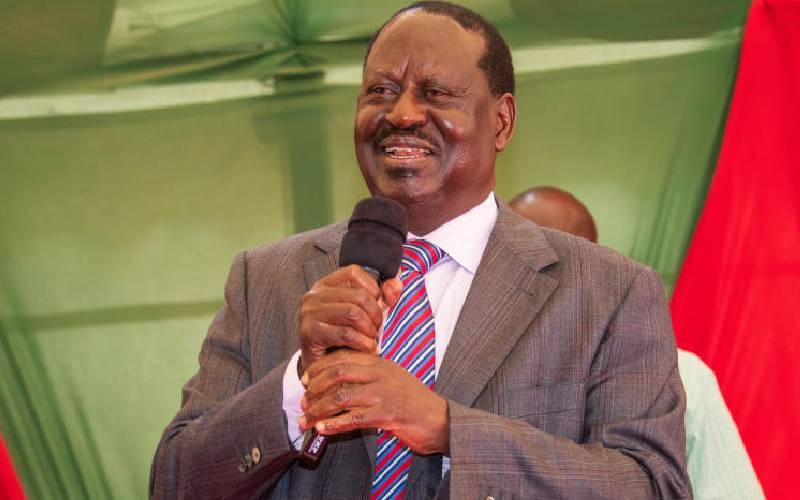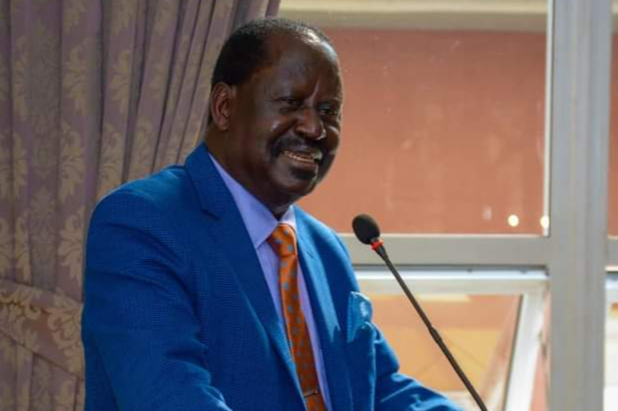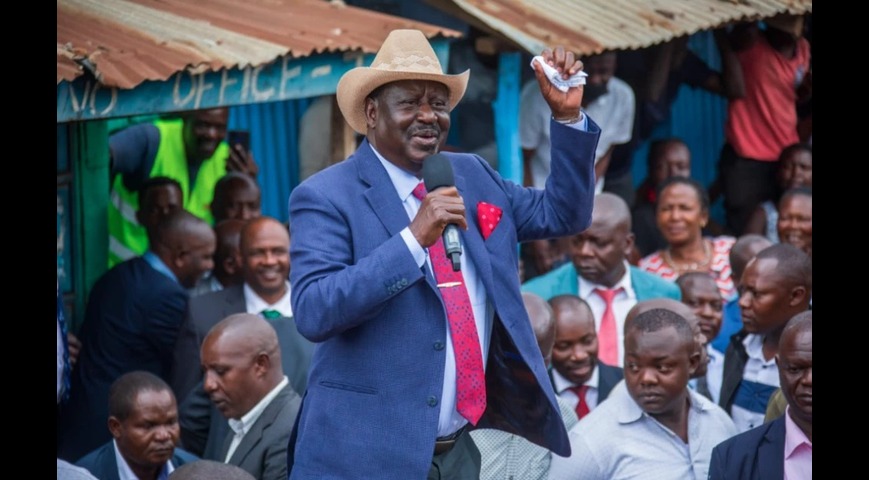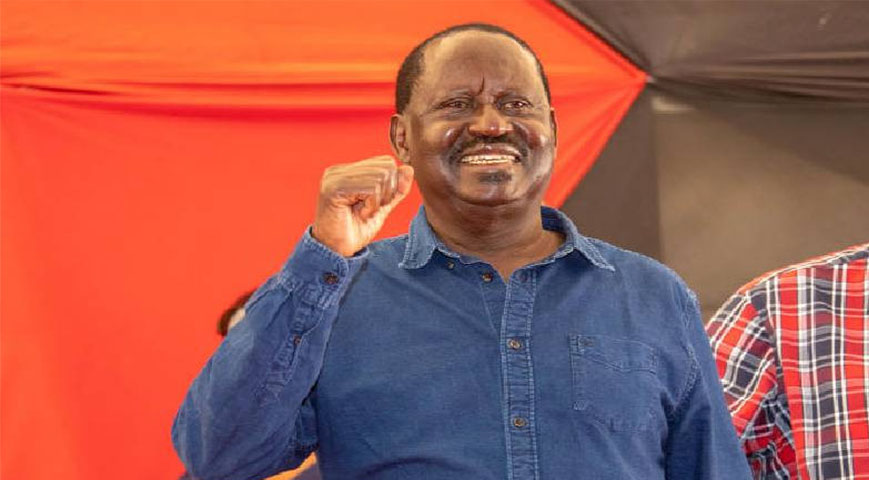Raila Odinga has called for an audit of all government procurement officers, stating that the solution to Kenya's cash problems lay in closing corruption loopholes rather than raising taxes.
The Azimio leader spoke at the Jaramogi Oginga Odinga Foundation, where he met with student leaders nationwide.

Raila thinks procurement should be conducted competitively under present rules to ensure the government receives greater value for its money and prevent leaks from corrupt personnel.
Did you read this?
The opposition leader notes that certain government procurement officers are among Kenya's wealthiest; they are currently developing a variety of homes and apartments in rural locations and purchasing expensive fuel-guzzling vehicles.
"The procurement officers in the ministries—those are the boys in town, buying the latest apartments and highest end of cars," Raila was quoted as saying.
"They are the ones building castles in the villages, highrise buildings in village markets."

Raila, who served in the Nusu-Mkate administration alongside the late Mwai Kibaki, maintains that their focus was on dishonest procurement officers.
According to Raila, Kenya's economy was on the edge of implosion in 2002 after then-President Moi stepped down; donors had halted funding to Kenya, and the taxman was barely collecting Ksh.200 billion.
He claims that after dismissing corrupt officials and hiring new employees, revenue collection increased from Ksh.200 billion to Ksh.300 billion, then to Ksh.500 billion, and eventually to Ksh.1 trillion without raising taxes.

He said they discovered that certain procurement officers had violated procurement laws by utilizing firms or proxies to secure government deals.
Investigations at the time, he alleged, revealed that procurement workers in various ministries were granting tenders to supply other ministries in apparent contravention of the law.
Raila claimed that during his tenure in government, Kenya could pay for development projects with tax revenue.









